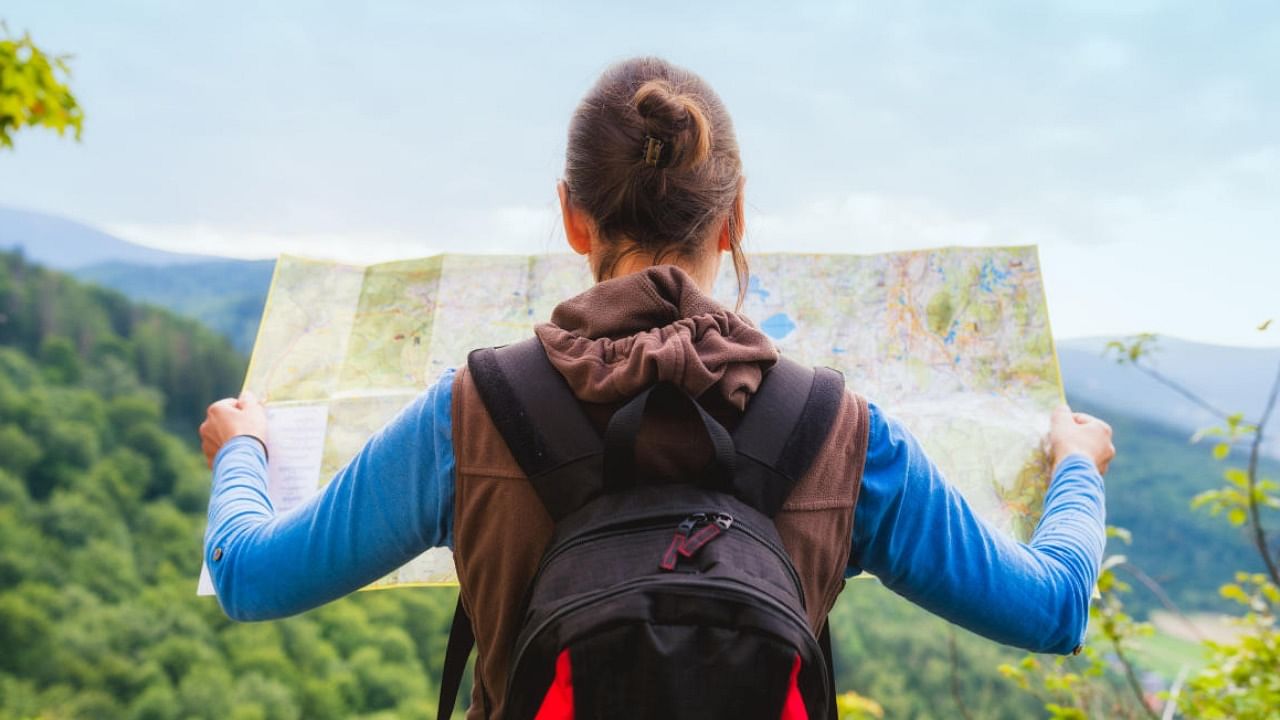
In order to ensure safety of trekkers and travellers in the country, Nepal has enforced a ban on solo travelling for all, a report in CNN said. The government had previously banned travellers from trying to scale Mount everest, the world's highest peak. The ban was put in place in 2017 and now, five years later, the government has decided to extend the same for trekking anywhere in the country.
The country, which has eight of the world's ten tallest mountain peaks, is also known for its trekking areas, some of which fall under remote regions and under the new rule, trekkers must hire government-licensed guides or join a group.
Also Read | 'Nadedu nodi': Trekking through Karnataka
Trekking has been a constant source of income for Nepal but the country has also spent a lot of money on the search and rescue operations of solo hikers who lose their way while trekking.
“When you are traveling solo, in case of emergencies there is no one to help you. It is fine if they are traveling in the cities, but in the remote mountains, the infrastructure is not adequate.” CNN quoted Director of the Nepal Tourism Board Mani R Lamichhane as saying.
Lamichhane told CNN that whenever trekkers go missing or are found dead, it becomes an uphill task for the government to track them due to the extreme remoteness of the routes.
Apart from the issue of missing trekkers, there is also the problem of unlicensed tour guides and companies who without registering and paying taxes for their businesses, run the trekking groups and hurt job prospects of native Nepalis. Lamichhane told CNN that such unlicensed companies pose a huge challenge to registered and authentic trekking organisations.
Also Read | Best Time to go on the Everest Base Camp Trek
Trekking organisers have reportedly shown mixed reactions to the news. One Ian Taylor, a trekking company owner who frequently organises treks in Nepal rued the newly imposed rule but also admitted that solo travellers pose a problem for the country and as such, the changes are also necessary in a way.
The Nepal government doesn’t have the capacity to vet every single visa applicant separately, hence it has taken the decision to enact a blanket ban, the channel quoted Taylor as saying.
The new decision will come into effect from April 1.
Eight of the world’s 10 tallest mountains are located at least partly in Nepal, which sits between India and China. Each year, deadly accidents, including ones caused by avalanches, blizzards and high-altitude sickness, are reported from Nepal’s mountains.